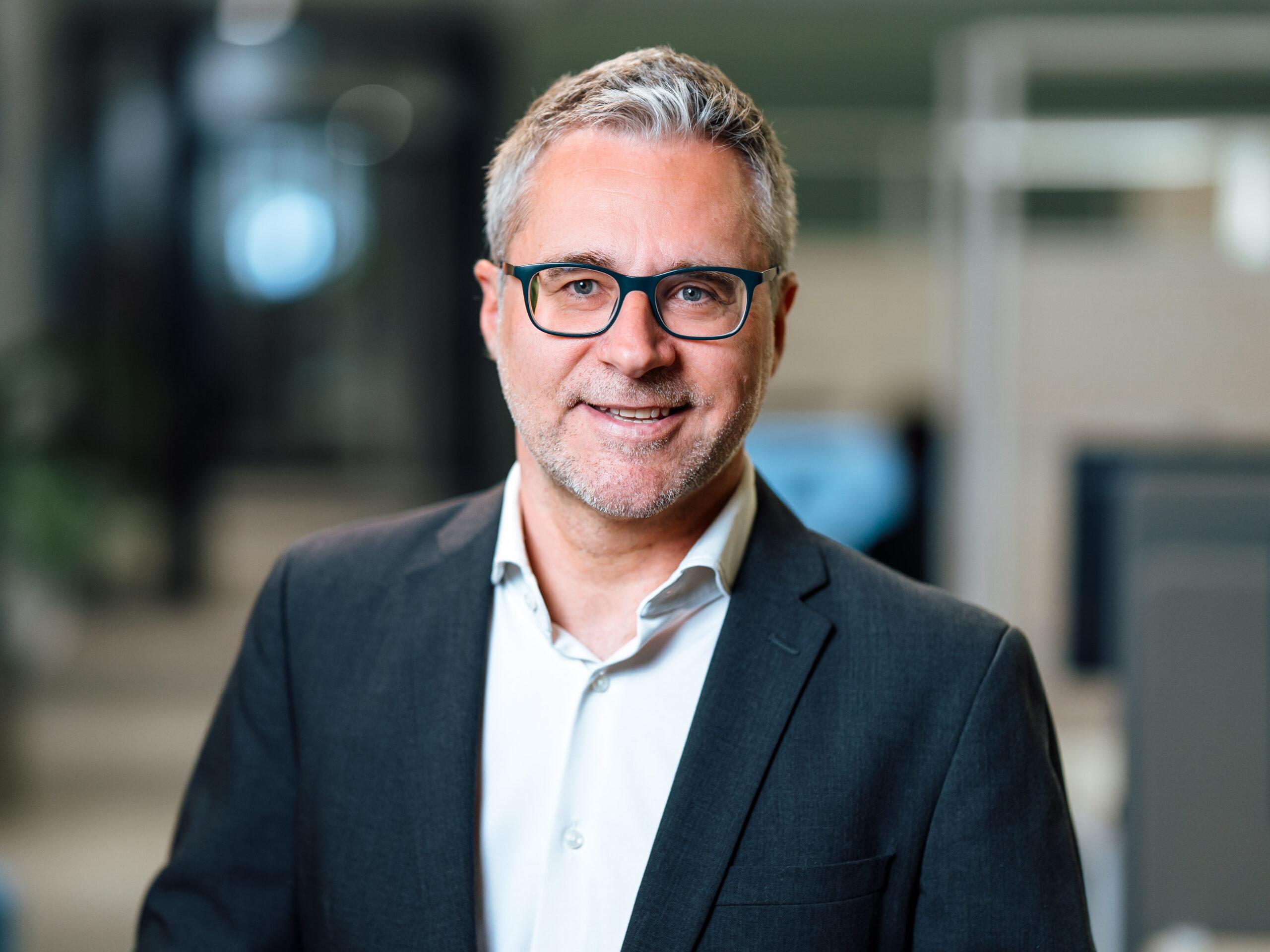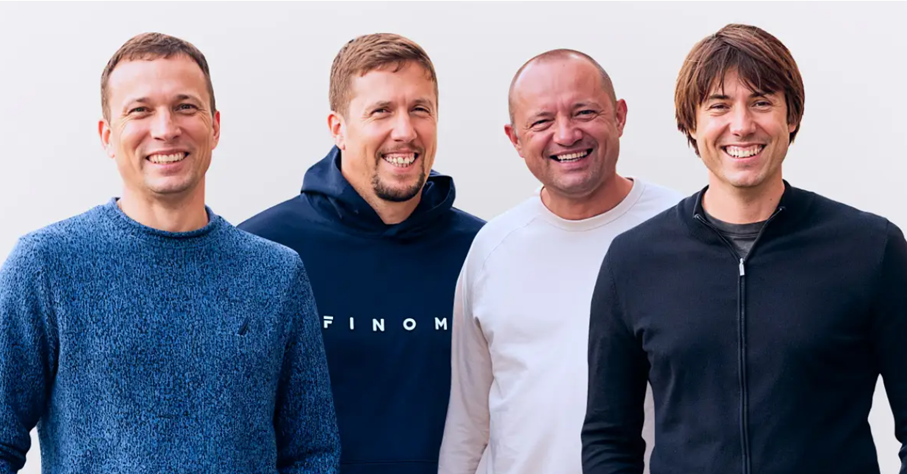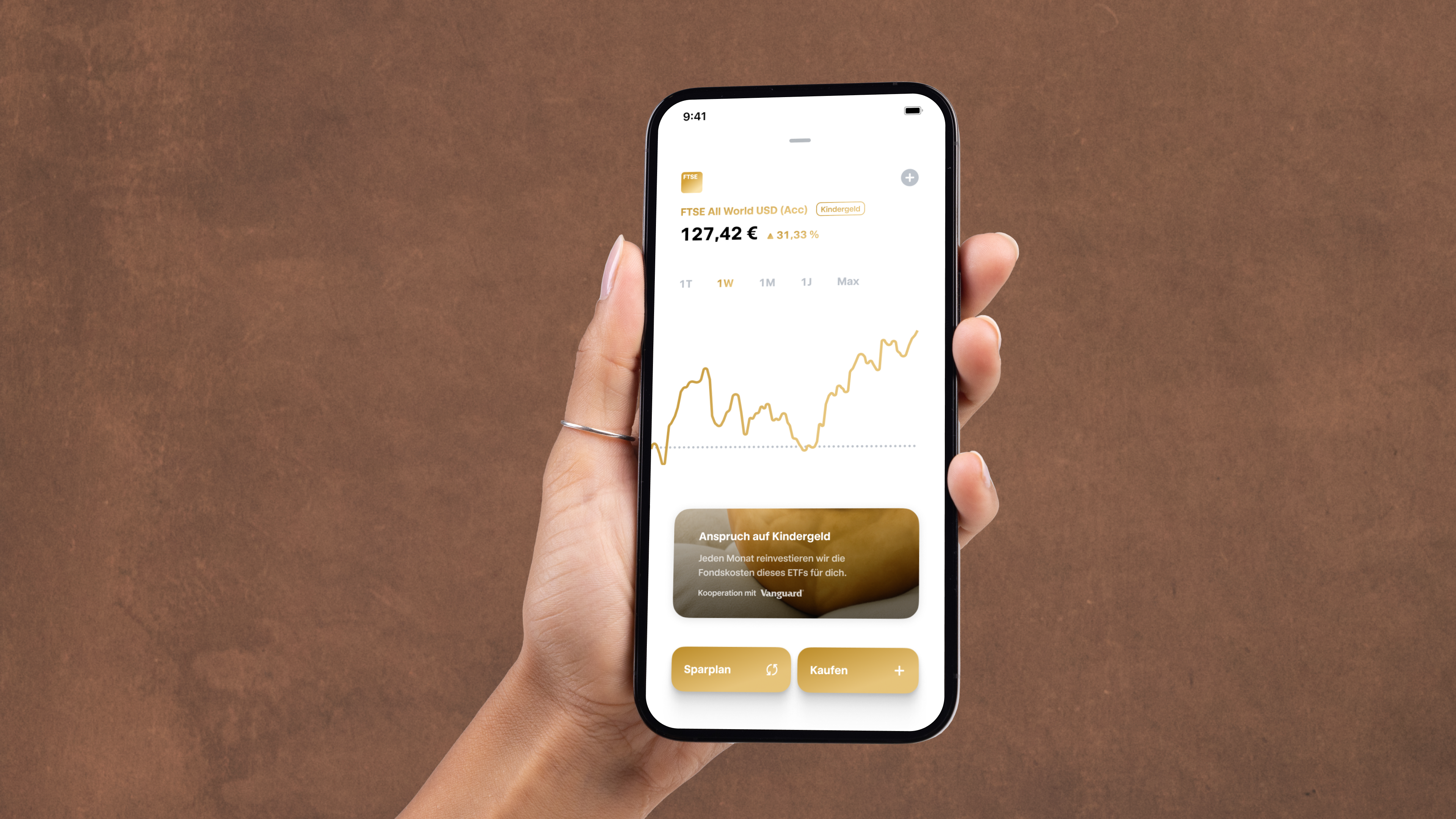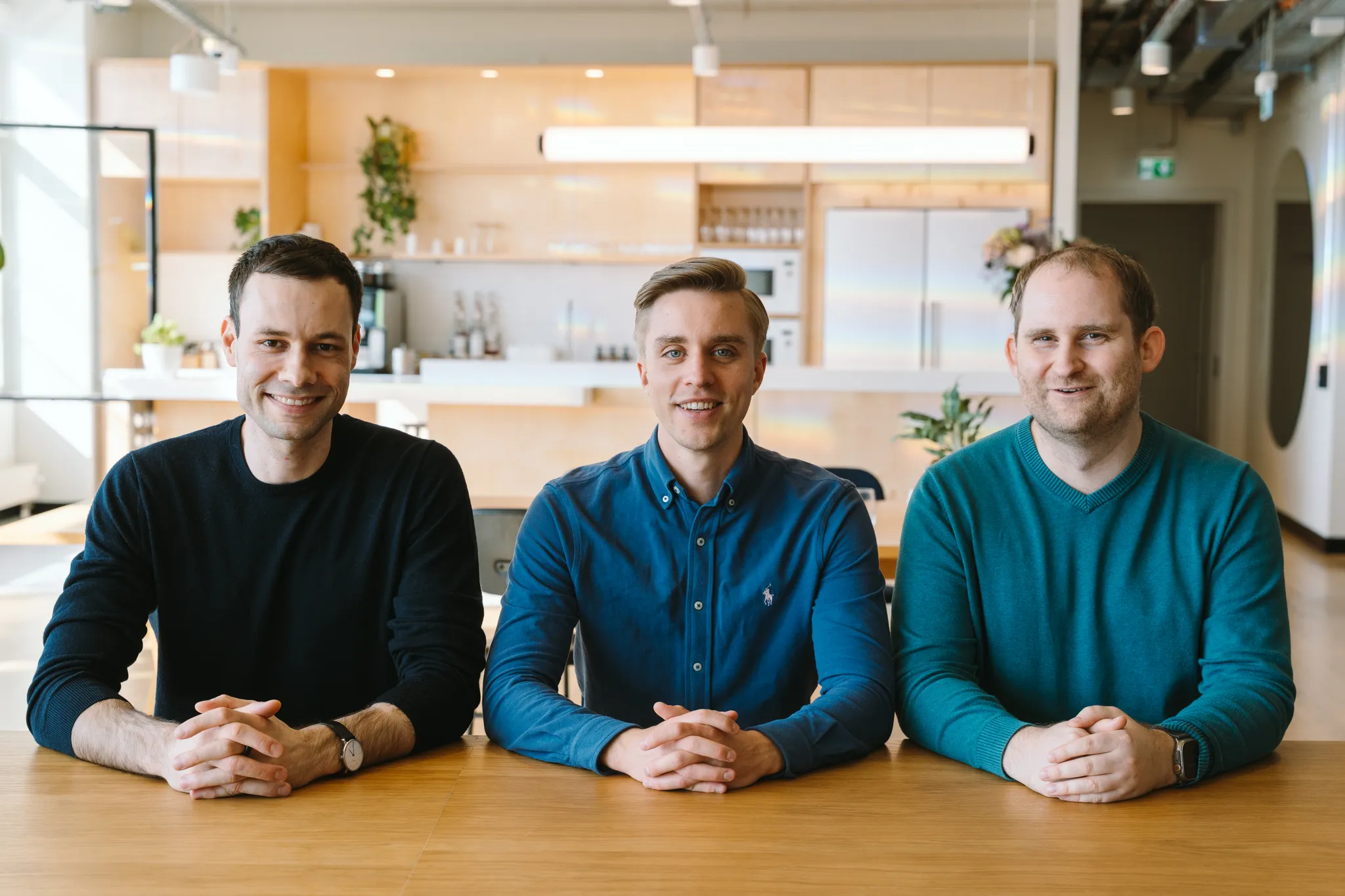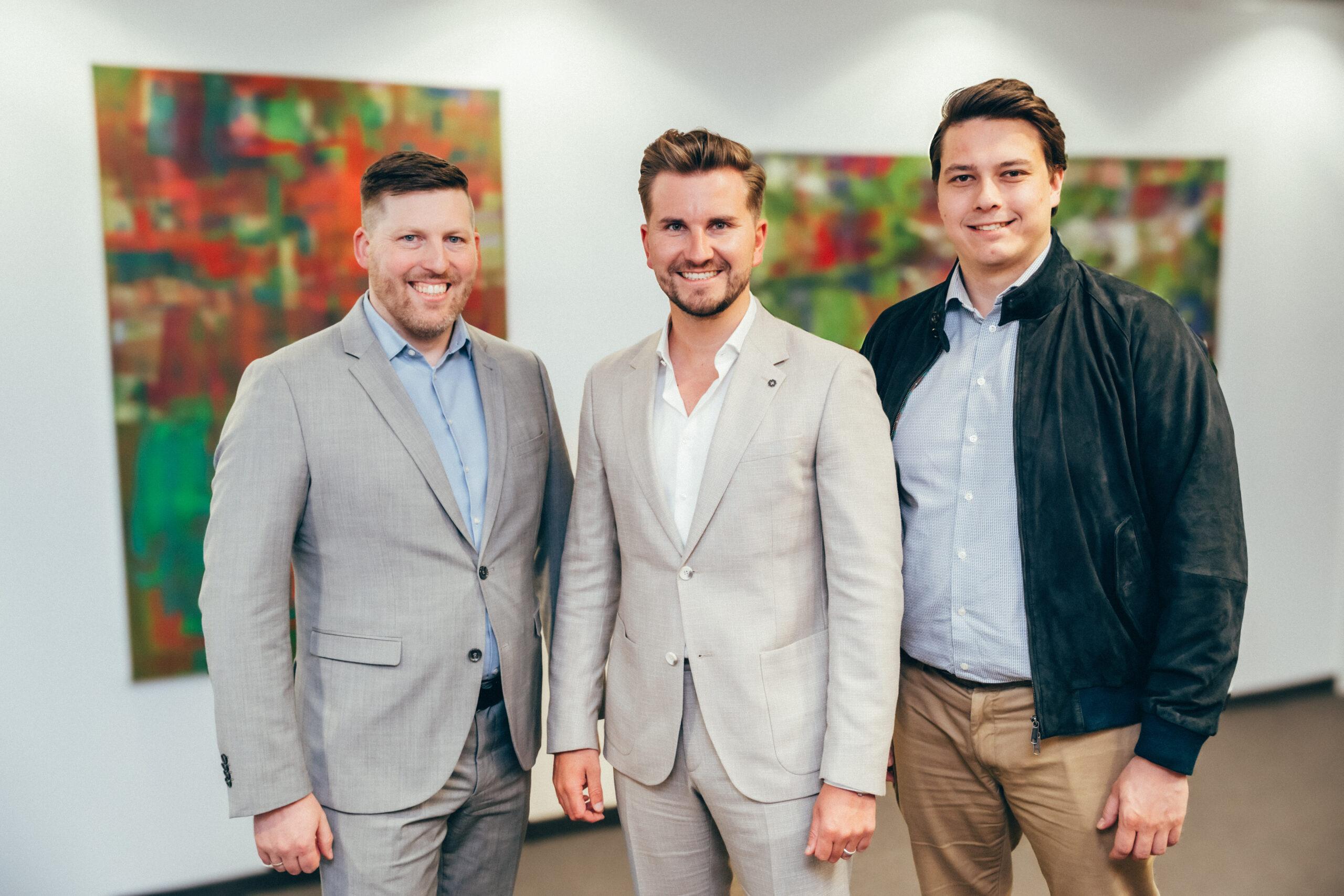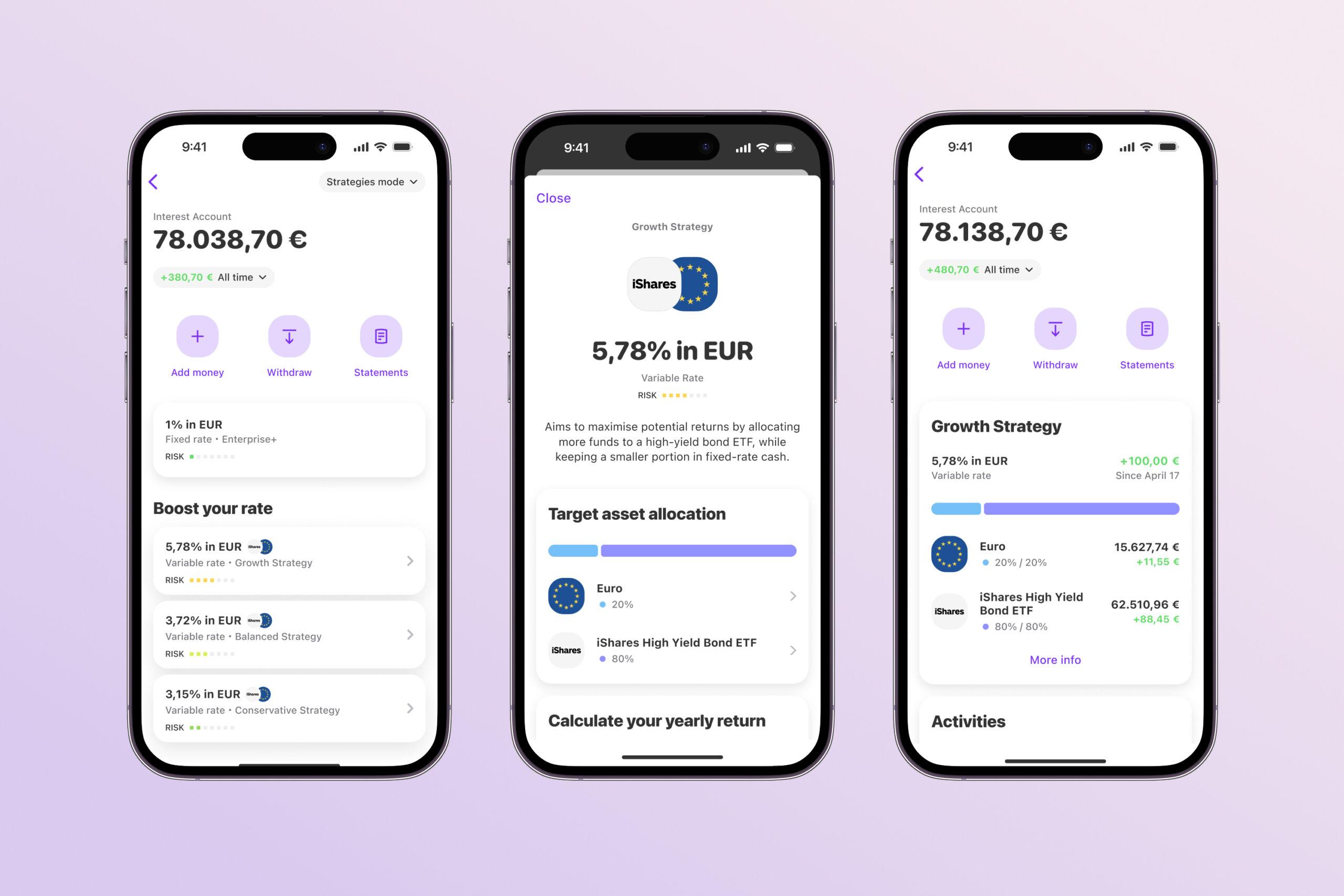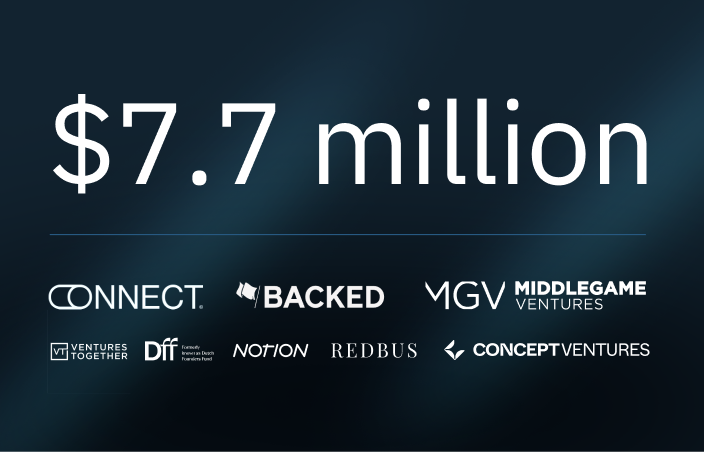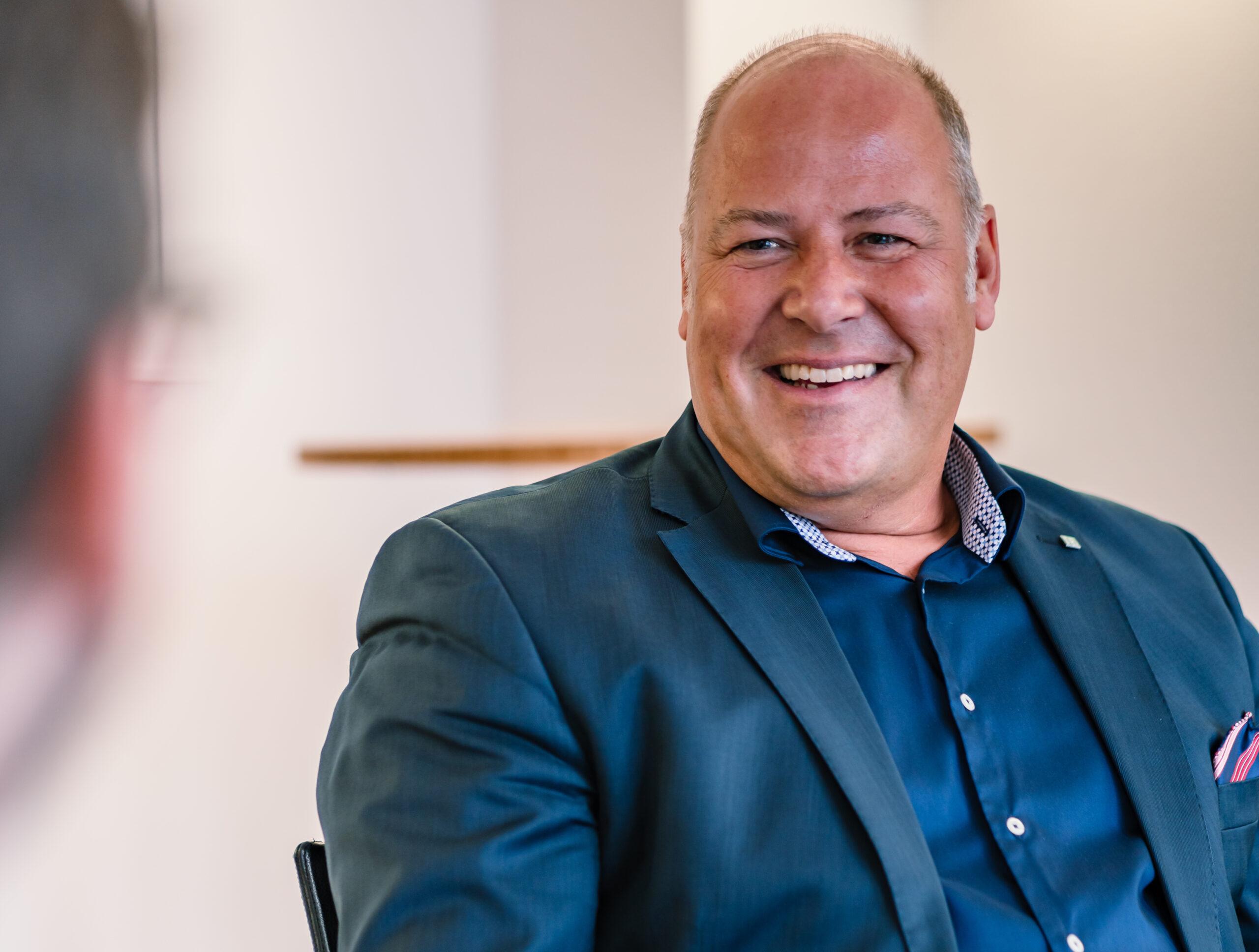"People don't want to buy everything online"
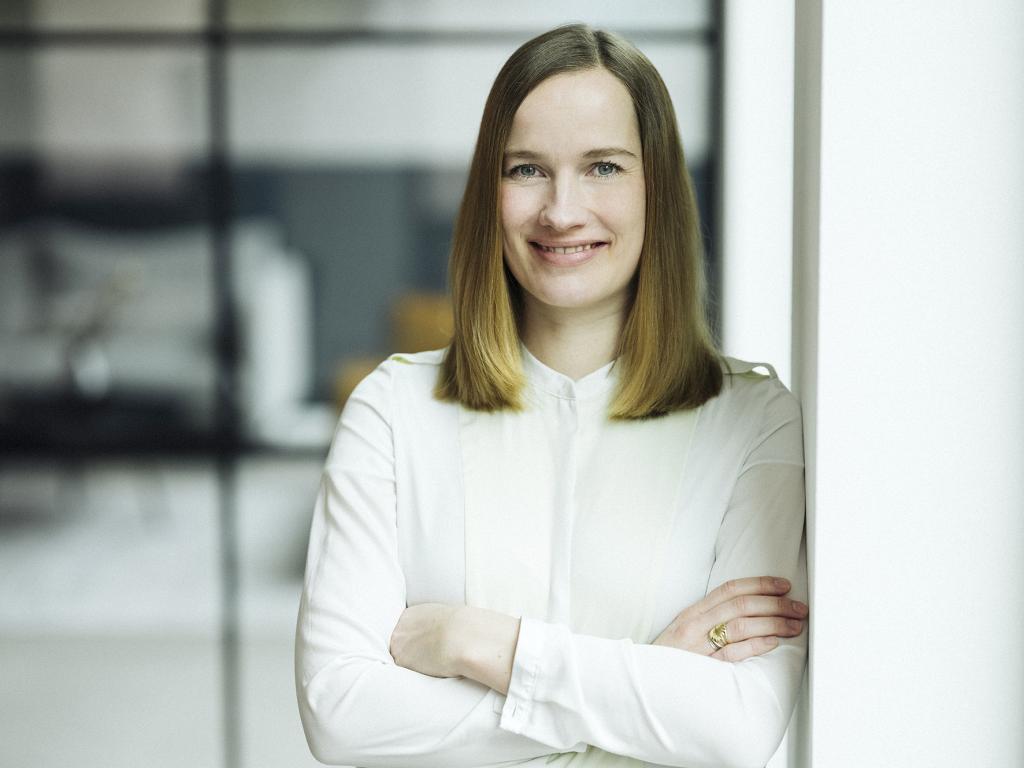
Alexa von Bismarck is the head of Adyen Germany. In this interview, she talks about Wirecard, retailers during the pandemic and why people don't want to shop only at Amazon or Zalando.
Adyen's Berlin office is mostly empty these days. The payment service provider from the Netherlands has kept a few spaces free in case someone can't or doesn't want to work from home. But Alexa von Bismarck has also set up her home office.
Ms. von Bismarck, how has Adyen as a payment service provider experienced the pandemic so far? Alexa von Bismarck: As a company, we moved directly to the home office, which went quickly because we work digitally a lot anyway and can do most of our work from home. At the same time, we tried to support customers, for example from the travel industry, who had to pay back a lot of money to their own customers quickly. We were quick to help Get Your Guide, a start-up from Berlin. However, we didn't notice the crisis in our sales ourselves.
Why is that? The majority of purchases have shifted to the internet. Customers have made an uncompromising switch and retailers have felt the brutal impact of this. 50 percent of retailers who had several channels have not lost any sales at all. That has shifted 1:1. But those who didn't have an online store have been hit hard by the pandemic. That's not great for companies, but it could also help Germany.
What do you mean by that? Germany is not the country that shines when it comes to being particularly progressive and digital. The pandemic is forcing the retail sector and many companies in general to make processes more digital. This could trigger a digitalization push in Germany that would allow us to catch up with other countries.
Do start-ups have an advantage when it comes to quickly shifting to other channels? Two things are crucial during the crisis: resilience and flexibility. We have seen some customers who were extremely flexible, especially large chains and platforms. However, start-ups generally have an advantage because they can react more quickly.
They are closely networked in the start-up world and also have some as customers, process the payments and are correspondingly well informed. Are most young companies getting through the crisis well? No better and no worse than other companies, I would say. We haven't carried out a survey on this, but I don't know many that were "belly up", i.e. whose business was completely ruined. That is perhaps a good sign.
In the Adyen Retail Report you looked at how the pandemic has changed shopping and payment behavior. So is everything going online now? That's exactly what we're not seeing. On the contrary: people don't want to buy everything online. 58% of German customers would like to store in their local store again. Although online business will grow in the future, it will not dominate. Instead, customers want a mix of both and the advantages of both worlds.
Let me give you an example. For example, I can buy my coffee online and just pick it up in the store in the morning. In the best case scenario, the terminal, i.e. the till in the store, recognizes my credit card and says: 'Hey, you've been there five times now, this coffee is on the house'. Or with shoes: one of our customers has an online store where you can have the shoes delivered to the store so you can try them out over a game of basketball. Hybrid models like this are important and stores therefore remain a highly relevant touchpoint for picking up customers. A close integration of online and offline is fundamental to gaining and strengthening customer loyalty.
Most people have loyalty cards. What's new about that? It goes beyond that. Retailers need to know what customers buy online and what they buy offline. Only then can you decide, for example, whether the customer should receive an online voucher next time because they might spend more money on this channel. Without such knowledge, it is difficult to offer an experience.
This also influences how we will pay. Is cash dying out? My fingers are crossed (laughs). But seriously, we are seeing many more people making contactless payments, the older ones with credit cards and the younger ones with wallets, i.e. ApplePay, GooglePay or Paypal. The range is also improving. Even the bakery opposite our office now offers card payments. Cash will probably not die, but it will become less common.
Irrespective of the pandemic, the payment service provider industry was also recently shaken by the Wirecard scandal. Have you often had to explain recently that you are not fraudsters? The funniest reaction came from friends of my mother-in-law who said something like: Oh, that's bad, now that Alexa is with Wirecard. We had to clear that up quickly. Otherwise, most people understand that Wirecard was a unique scam and that we, as a payment service provider, have nothing to do with it.
Did you as a competitor benefit from the insolvency? Rather not. First of all, I have to say that we find such an insolvency terrible. It's not good for the employees and for the reputation of the industry. Of course, we have seen one or two deals with one less competitor in recent months. But Wirecard has moved into other industries and the applications from former employees have also largely failed to materialize. So we have been following the whole thing more on a media level and less on a commercial level.
Thank you very much.
Personal details: Alexa von Bismarck graduated in business administration in Berlin, then worked in various companies before becoming Adyen's first employee in Germany in 2013. She started there as an Account Manager before being promoted to Head of Germany at the Dutch payment service provider in 2018. She now manages more than 30 employees there. She is 38 years old.

Newsletter
Startups, stories and stats from the German startup ecosystem straight to your inbox. Subscribe with 2 clicks. Noice.
LinkedIn ConnectFYI: English edition available
Hello my friend, have you been stranded on the German edition of Startbase? At least your browser tells us, that you do not speak German - so maybe you would like to switch to the English edition instead?
FYI: Deutsche Edition verfügbar
Hallo mein Freund, du befindest dich auf der Englischen Edition der Startbase und laut deinem Browser sprichst du eigentlich auch Deutsch. Magst du die Sprache wechseln?
